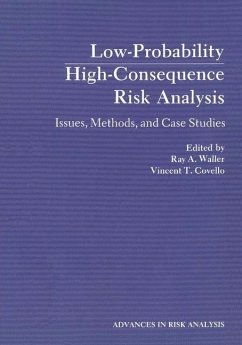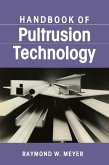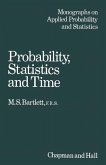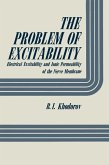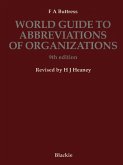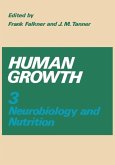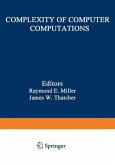In recent years public attention has focused on an array of low-probability/high-consequence (LC/HC) events that pose a signif icant threat to human health, safety, and the environment. At the same time, public and private sector responsibilities for the assessment and management of such events have grown because of a perceived need to anticipate, prevent, or reduce the risks. In attempting to meet these responsibilities, legislative, judicial, regulatory, and private sector institutions have had to deal with the extraordinarily complex problem of assessing and balancing LP/ HC risks against the costs and ben if its of risk reduction. The need to help society cope with LP/HC events such as nuclear power plant accidents, toxic spills, chemical plant explosions, and transportation accidents has given rise to the development of a new intellectual endeavor: LP/HC risk analysis. The scope and complexity of these analyses require a high degree of cooperative effort on the part of specialists from many f~elds. Analyzing technical, social, and value issues requires the efforts of physicists, biologists, geneticists, statisticians, chemists, engineers, political scientists, sociologists, decision analysts, management scientists, economists, psychologists, ethicists, lawyers, and policy analysts. Included in this volume are papers by authors in each of these disciplines. The papers share in common a focus on one or more of the following questions that are generic to the analysis of LP/HC risks.
Dieser Download kann aus rechtlichen Gründen nur mit Rechnungsadresse in A, B, BG, CY, CZ, D, DK, EW, E, FIN, F, GR, HR, H, IRL, I, LT, L, LR, M, NL, PL, P, R, S, SLO, SK ausgeliefert werden.

